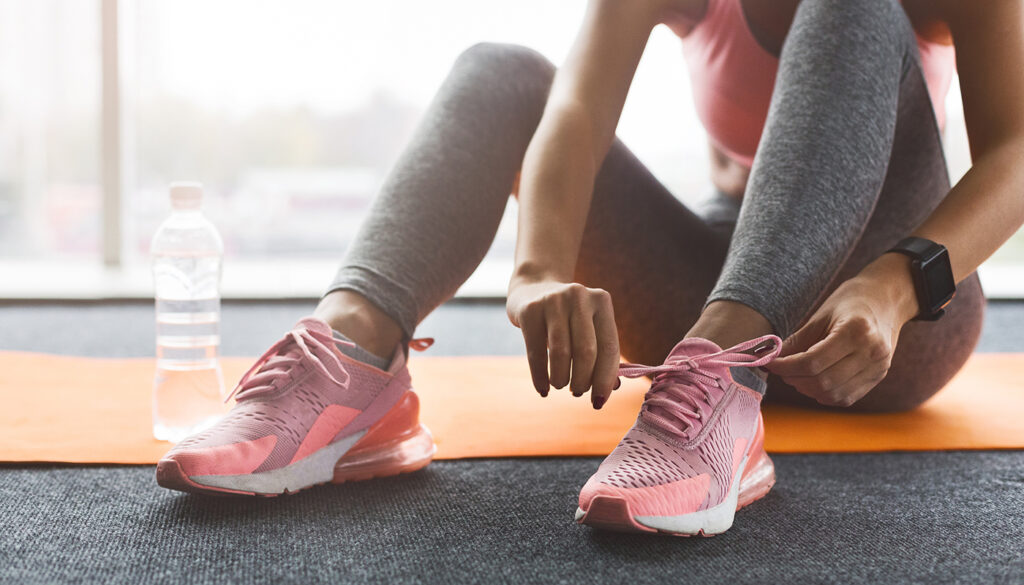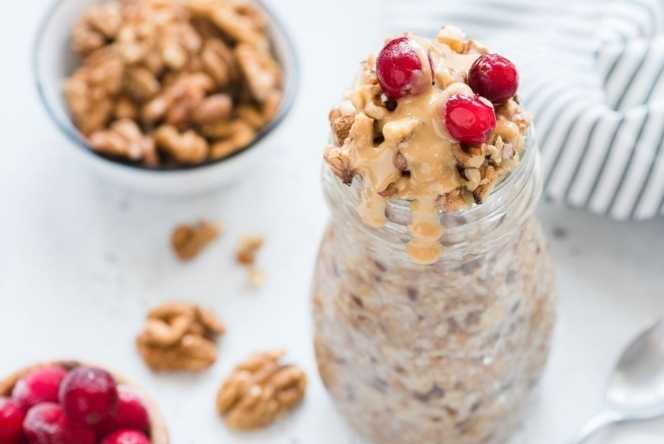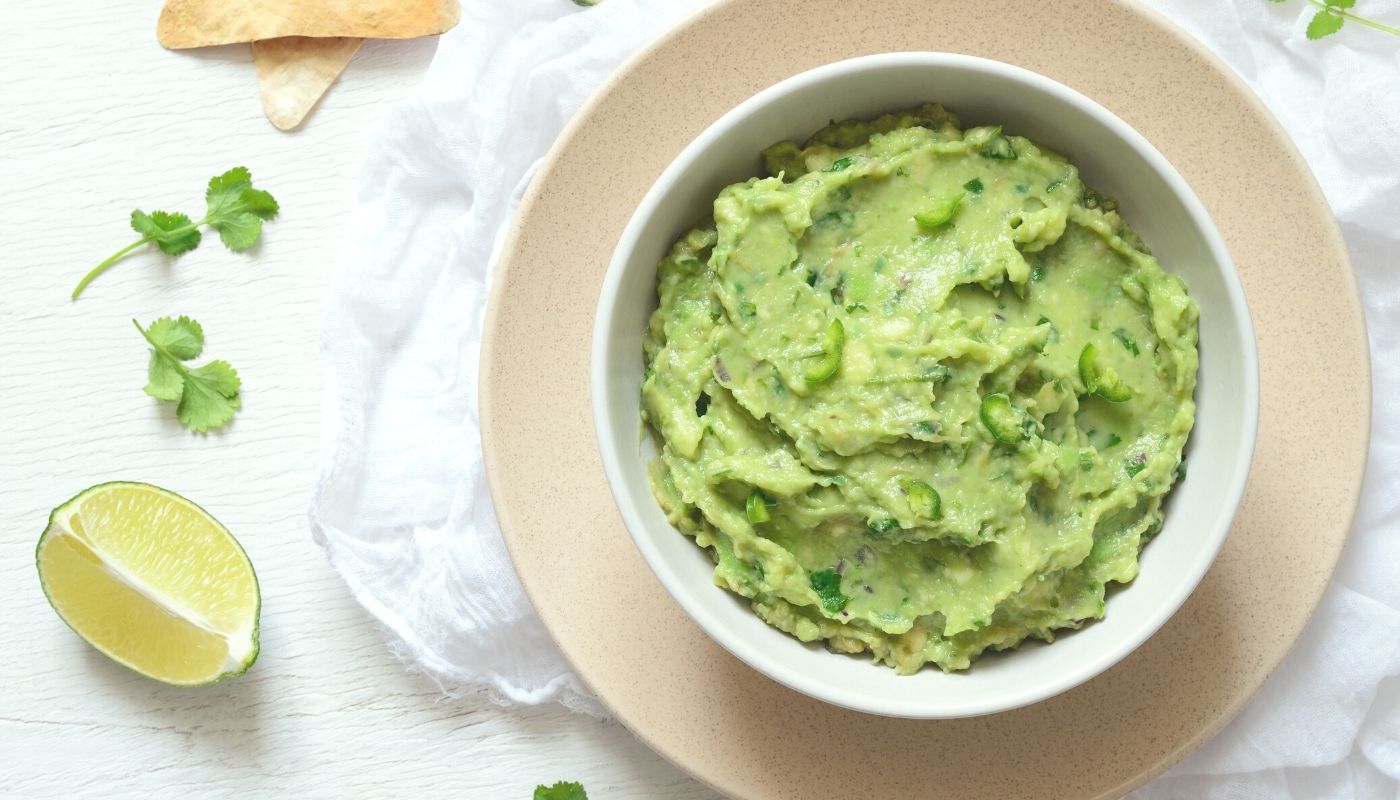We are no doubt in unprecedented times and in a place that none of us have seen in our lifetime. People are feeling a mix of emotions ranging from fear, panic, loneliness, indifference – the whole gamut. Even though we are in unchartered waters, we all want the same things – to stay healthy and to keep our families healthy, now more than ever. The good news is there are still things within our control that are invaluable for our immune systems and wellbeing. Here are six natural ways to boost your immune system when your body needs it most.

1) Eat Healthy
It’s important to eat healthy whole foods that are nourishing to your body, provide proper nutrients, are anti-inflammatory, and help boost your immune system. Healthy whole foods fuel your body and immune system, and what you eat has profound effects on your overall health.
How you eat is also just as important as what you eat, which means eating in a calm, restful state and not in a distracted or “fight or flight” state that can halt your digestion and nutrient absorption and cause bloating and headaches.
Foods to Consume:
- Add fresh, colorful, green vegetables into your diet.
- Drink clean, filtered water, aiming for half of your weight in ounces.
- Eat healthy, lean hormone, and antibiotic-free protein.
- Consume healthy fats like grass-fed butter, coconut oil, salmon, olive oil, avocados, etc.
- Add bone broth to your diet, which is a powerful anti-inflammatory immune booster that helps promote gut health.
- Eat foods naturally high in vitamin C and antioxidants like citrus fruits, bell peppers, mango, honeydew, parsley, pineapple and guava.
A few diets that more closely align with the principles of anti-inflammatory eating are Whole 30, Paleo, Vegan, Pegan, and the Mediterranean Diet.
Foods to Limit / Avoid:
Right now is a great time to detox your body from sugar and junk food.
- Limit inflammatory foods like refined sugar, gluten, dairy, alcohol, refined carbs, fried foods, processed meats, excessive caffeine, soda, etc. In times of stress, it is tempting to turn to sugar, alcohol, and caffeine, however, they can also overload your liver and disrupt your sleep.
Health Tip: As a general rule of thumb, if it looks like something your great grandmother would eat, great. If it comes in a bag or box or has a long list of ingredients/chemicals, it’s best to limit it.
Click here for my personal favorite Anti-Inflammatory Soup Recipe!
ACTION:
Studies show that lasting positive changes in your health are more likely to happen by making small daily or weekly adjustments.
What are some healthy ideas that you can add in and take action on this week?

2) Be Mindful of Your Gut
Our bodies are a living, thriving ecosystem. They are home to an estimated 40 trillion bacteria covering nearly every surface of our body, but these bacteria live primarily in the large intestine of our digestive tract, making up what’s known as the gut microbiome or microbiota. There are countless global studies linking the health of this massive gut colony to nearly all aspects of our health. It is also a key component in regulating our immune system.
The gut microbiota has been linked to all kinds of health issues including food sensitivities, diabetes, obesity, inflammation, autoimmune conditions, depression, autism, and more. Microbiome diversity has been linked to increased health and lowered disease, which is why it’s important to nourish it. Think of it as a rainforest, the more diverse the ecosystem, the healthier it will be.
How to Nurture Your Gut Microbiome:
- Eat the rainbow. Eating a healthy diet daily that is rich in whole plant foods such as fruit, vegetables, and whole grains will maximize your gut microbiome diversity. Pesticides can be harmful to your gut microbiome, so whenever possible, choose organic or fresh, local foods.
- Add fermented or cultured foods to your diet like kombucha, sauerkraut, kimchi, miso, kefir, and coconut yogurt. Tip: Start small by only consuming a teaspoon or two daily and work your way up.
- Consume foods that are naturally rich in prebiotics, like garlic, asparagus, bananas, onions, leeks, apples, dandelion greens, flax seeds, and jicama root. Prebiotics are indigestible fibers, “fertilizer,” that feed the beneficial bacteria in your gut microbiome.
- Consider a quality probiotic. There are countless varieties on the market so it’s best to look for a probiotic with at least 25-30 billion CFUs (colony forming units) with specific strains listed (like lactobacillus and bifidobacteria), as well as shelf life. Most reputable brands list independent third party studies conducted with their products. Klaire Labs, Jarrow Formulas, MegaSporeBiotic, and Seed are reputable brands I personally love.
Note: Specific probiotic brands or strains that cause excessive symptoms such as bloating or headaches may not be best suited for you. In some cases, probiotics can exasperate the medical condition SIBO, (Small Intestinal Bacterial Overgrowth).
Additional Reading:
Click here for more of my top tips on improving your health and gut microbiome.
ACTION:
What steps could you take this week to nurture your gut health?

3) Limiting Your Stress is Crucial for Your Health
Even in frightening times, giving in to stress or panic doesn’t serve you, your health, or your loved ones. Focus on what you can control right now, because stress can wreak havoc on your immune system.
Be intentional about what you fill your mind with because your thoughts and emotions directly affect your health. Stress not only alters your mood, outlook, and sleep, it activates a chain reaction of chemicals and hormones (like cortisol, histamine, adrenaline, dopamine, serotonin, etc.), and neurons in your body. Left unchecked, chronic stress can lead to adverse changes in your health on a cellular level, a disruption in your gut microbiome and your immune system, and can lead to disease.
Shift Your Focus:
We get to choose where we place our focus and what we focus on gets magnified. Fill your thoughts with things that lift your spirits, that make you laugh, and that nurture your soul. Laughter has been shown to boost your immune system and reduce inflammation. There are always good and beautiful things happening all around us, but we have to be intentional to look for them and seek them out. Beauty is often found in embracing the small moments of life; don’t miss them!
Practice Gratitude:
Recent studies show that practicing gratitude can have a powerful effect on your brain, mood, and your health. Have you stopped to consider what all you are grateful for? A few apps that can help you cultivate gratitude are Happier, Gratitude, Live Happy, and Reflectly.
Focus on Others:
The quickest way to improve your mood is to focus on serving others. Check on your family, friends, and neighbors. Do something kind for someone else, even if it’s just a quick note or a text telling them how much you appreciate them and why.
Slow Your Breathing:
According to Dr. Libby Weaver, there is a part of our nervous system that’s dedicated to making us feel calm and peaceful. And the way to influence it? Controlling your breath. This is because by slowing your breathing, you’re signaling to your body you’re not in danger, therefore, allowing it to relax.
Pro Tip: I highly recommend using Heart Math. It’s an amazing device that can significantly reduce your stress and anxiety levels and help you sleep better by regulating your heart rate variability and activating your parasympathetic nervous system. (Also known as the “rest and digest” system.) I use the Inner Balance Sensor, which replenishes energy, balances emotions and quiets an overactive mind.
Meditate:
Meditation is a great way to reduce any depression, anxiety, or stress that you may be feeling. Studies have shown that regular meditation can improve our brain function, reduce our cortisol levels, and even turn down pro-inflammatory genes by activating the parasympathetic nervous system. (This dials down our body’s fight or flight response.) Check out the Headspace app for guided, daily meditations.
Set Boundaries:
Limit your news cycle and social media time to no more than one or two times a day or it will consume and overwhelm you. It’s best to avoid starting or ending your day with the news too, as doing so can cause your day to start on a sour note or can make you feel restless when you’re trying to sleep. You can also experiment with turning it off for 24 hours or for a weekend and seeing how it affects your mood, wellbeing, and relationships.
ACTION:
What steps from above could you incorporate into your everyday life to shift your mindset?

4) Get Regular High-Quality Sleep – It’s Essential
Numerous studies indicate that, “sleep and the circadian system are strong regulators of immunological processes.” Getting seven to eight hours of sleep per night is essential when working to boost your immune system and creating a consistent bedtime routine is crucial for that. It’s important to let your body know when it’s time to start winding down. That starts first with limiting your screen time to one to two hours before bedtime. The blue light from our devices mimics sunlight, tricking our circadian rhythm and melatonin production and making it difficult for our bodies to wind down. Alcohol and caffeine after midday have also been shown to disrupt sleep.
“Sleep restores and heals the body.” – Dr. Mark Hyman
Some additional things you can do to wind down are to read something relaxing, take a warm bath, or practice a few deep breathing exercises that help to calm your central nervous system, putting your body in a “rest” and “digest” state. I personally use and love the Inner Balance sensor from the Heart Math Institute, which helps you synchronize your brain, heart, breathing, and autonomic nervous system.
Using a sleep tracker like Sleep Tracker, Sleep Score, and Oura ring can be helpful too.
Additional Reading:
Click here for more top tips on how to get a more restful night’s sleep.
ACTION:
Aim for getting to bed before 10 p.m. at least 3 nights a week.
Which of the suggestions above could you try implementing this week to improve your sleep?

5) Aim for Daily Moderate Exercise
Recent studies have indicated that “the immune system is very responsive to exercise.” In particular, moderate exercise training, which has been shown to have an anti-inflammatory, antioxidant effect on the body. (Interestingly, daily high-intensity training has shown to have an opposite effect on the body, because it doesn’t allow the body enough time to enter a rest and repair state.) Exercise immunology studies have shown that regular moderate exercise is beneficial in diversifying the gut microbiome too, which is a crucial when trying to boost your immune system. Research also suggests that routine exercise may reduce the risk of acute respiratory distress syndrome, which has been linked to the death of patients with the COVID-19 virus.
You may not be able to go to your favorite gym during quarantine, but there are a number of websites offering free online classes. Don’t forget to get outside to enjoy the fresh air and 20-30 minutes of natural vitamin D – it’s good for your mind and soul!
ACTION:
What type of movement feels good to you – running, boxing, hiking, swimming, biking, strength training, or yoga – and how can you incorporate it three to five times per week?

6) Schedule Regular Time for Rest & Relaxation
This is crucial in a society where being “crazy busy” is often seen as a badge of honor at the expense of our health and our relationships. Even a few short periods of rest throughout the day can have a profound effect on your immune system. That rest could be anything from taking a long walk or a detox bath to coloring or doing something creative, picking up a new hobby, spending time with someone who lifts your spirits, taking a power nap, or meditating for a few minutes.
Who knows, maybe a mandated period of rest from all the constant hustle and bustle of our society is a blessing in disguise? Maybe it’s an opportunity to revisit what really matters most to us – our health, our loved ones, those we care about, the things that stir our souls. Maybe the bigger picture is that this time is a gentle reminder to slow down and to savor the little moments – after all, we only get one precious life.
Additional Reading:
Click here for more tips on incorporating mindfulness.
ACTION:
How can you schedule in a few short periods of rest this week?
BONUS – Boost Your Immune System with Supplements
There are a few supplements listed below that have been shown in recent studies to be beneficial in supporting your immune system. Although they are currently unproven against COVID-19, data is evolving daily. One important thing to note is that no amount of supplements are going to be as effective as the lifestyle choices already discussed above. However, they may be effective when used in addition to the other tips.
- Zinc: Zinc has long been used in over-the-counter remedies for fighting colds and illnesses and there is recent data emerging that it is helpful for COVID-19.
- Buffered C Powder: Vitamin C is a key antioxidant that supports proper immune function.
- Probiotics: These are beneficial bacteria that help you digest nutrients and support a healthy balance of bacteria in your gut microbiome, which is crucial because many of your immune cells reside in your gut.
- Vitamin D: Vitamin D is critical in modulating the immune system. Without it, it becomes more difficult for your body to fight infections.
- N-Acetyl Cysteine: N-Acetyl Cysteine is needed to make antioxidants and can boost your immune system function.
- Liposomal Glutathione: The antioxidant Glutathione helps neutralize free radicals and reduce oxidative damage.
- Selenium: This is a powerful antioxidant that the immune system needs for adequate dietary selenium intake.
** Disclaimer: This information is for educational and informational purposes only. The purpose of this post is to promote a broad understanding and knowledge of various health topics. It is not intended to be a substitute for professional medical advice, diagnosis, or treatment.
Always seek the advice of your physician, pharmacist, or other qualified health care provider with any questions you may have regarding a medical condition or treatment and before undertaking a new health care regimen or taking any new supplements. **
About Me

I’m so glad you’re here! If we’ve not yet met, my name is April Likins and I’m a board-certified health coach trained at Duke Integrative Medicine and the Institute for Integrative Nutrition.
I’m fiercely passionate about helping busy women create sustainable long-term changes with their health so they can live happier lives, experience more energy and joy, and feel their best inside and out!
Free Resources You’ll Love:
Additional Reading & Resources:
Vitamins and Your Immune System
The Dynamic Link Between the Integrity of the Immune System and Zinc
The Role of Zinc in Antiviral Immunity
Beneficial Effects of Probiotic Consumption on the Immune System
Vitamin D and the Immune System
Vitamin D and the Immune System
Glutathione and Immune Function
The Influence of Selenium on Immune Responses
Selenium, Selenoproteins, and Immunity
Dietary Selenium in Adjuvant Therapy of Viral and Bacterial Infections
Stress and Your Immune System:
5 Things You Should Know About Stress
7 Strange Things Stress Can Do to Your Body
Cellular Consequences of Stress and Depression
Enhancing versus Suppressive Effects of Stress on Immune Function
Sleep and Your Immune System:
Human Immune System During Sleep
Exercise and the Immune System:
The Compelling Link Between Physical Activity and the Body’s Defense System
Exercise May Protect Against Deadly COVID-19 Complication, Research Suggests
Mindset and the Body:
How Gratitude Changes You and Your Brain
Giving Thanks Can Make You Happier













